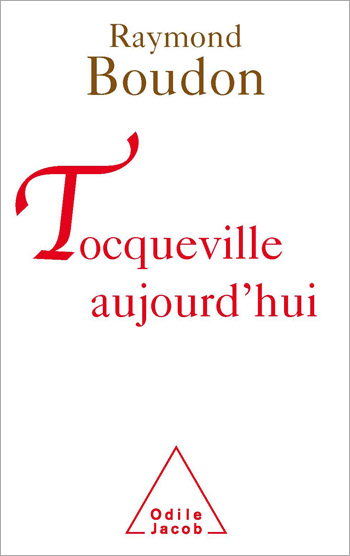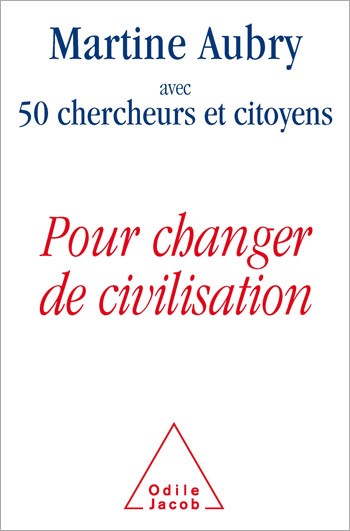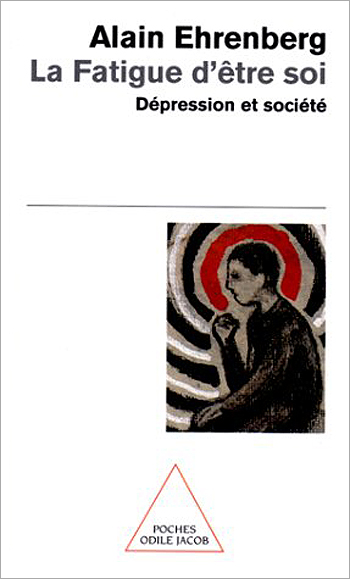Societal issues All books
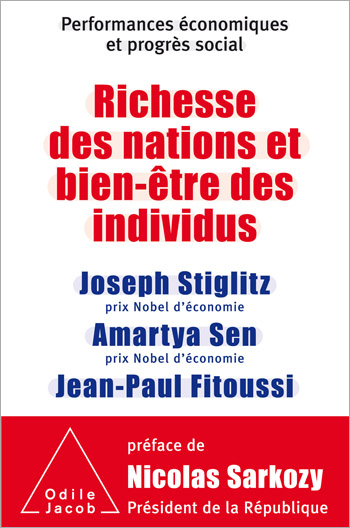
Joseph Stiglitz, Amartya Sen, Jean-Paul Fitoussi
The Wealth of Nations and the Well-Being of Individuals Economic Performance and Social Progress
“If we do not want our future, our children’s future and that of succeeding generations to be strewn with financial, economic, social, ecological and, consequently, human catastrophes, we must change our way of life, how we consume and how we produce...

Serge Abiteboul, Jean Cattan
We Are Social Media
There is another, more democratic and participative way to regulate social media and break away from GAFAM: social media is what we make it.

Alain Peyrefitte, Raymond Boudon, Pierre Chaunu
Values and Modernity Expanding on Alain Peyrefitte
With The Society of Confidence, and Of the Economic Miracle, Alain Peyrefitte has illustrated that growth is not primarily founded on the material wealth of a nation, capital, or even on work. Development is intrinsically linked to mentalities and values, which are the essential elements of economic, political and social modernity. Using this thesis as a starting point, the Institute of France organised a conference which brought together economic and technological historians, sociologists, criminologists, and experts from across the world, amongst which were R.Boudon, S.Eisenstadt, D.Landes, and S.Lipset. The wide spectrum of debate runs from the history of religious mentalities (P. Chaunu, J.Delumeau), to penal philosophy (D. Szabo). The comparative outlook of this book allows the reader an insight into the hidden depths of confidence, from Switzerland (J.-F. Bergier), to Japan (Terushi Hara), right through to the Third World (P. Moussa).

Ricardo Bofill, Nicolas Véron
Urban Architecture
What is there in common between all my designs ? What meaning can I give today to my architecture ? Without doubt, that of a desire to organise space. Due to an apprenticeship in perception, observation, and geometrisation of nature, in addition to a historical journey, I have learnt that in order to go past the initial momentum, I have to acquire the mastery of a whole new language." Ricardo Bofill Ricardo Bofill is probably one of the most famous, yet most controversial architects of his time. In this book illustrated with pictures and plans, he delivers an analysis of his art which amounts to an invitation to read the city.
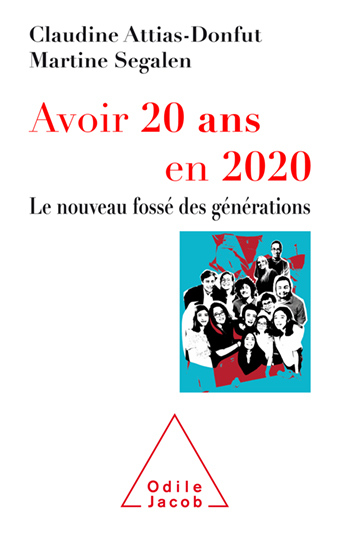
Claudine Attias-Donfut, Martine Segalen
Twenty-Somethings Today: The New Generation Gap
By two specialists in the sociology of the family and of generations, themselves grandmothers of twenty-somethings

Alain Ehrenberg
Tired of Yourself Depression and Society
Examining the changes that have occurred since the 19th century in both psychiatry and society at large, this book shows how the internal collapse that is depression is the ultimate symbol of our culture of powerlessness. The depressed person cannot rise above the demands imposed on him or that he imposes on himself. He has no recourse but fatigue, inhibition, and indecision. But what does it mean to learn to be oneself? Is our society merely creating huge numbers of hypochondriacs? Can we any longer draw a line between the small unhappinesses and frustrations of daily life, and pathological suffering? Alain Ehrenberg is a sociologist.
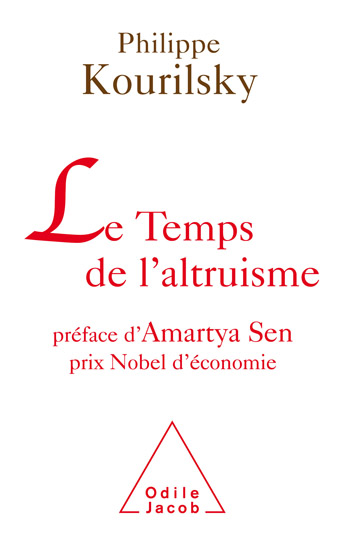
Philippe Kourilsky
The Time of the altruism
An eminent scientist tells us how to alter our thinking so that we can finally face the present global challenges with effective common actions.

Dominique Schnapper, Paul Saloma, Perrine Simon-Nahum
Thinking about anti-Semitism A Symposium on Anti-Semitism
Commentary from the latest reports on anti-Semitism in France, in order to go well beyond journalistic and political discourse. The current character of the issue, which is examined here with the resources of both history and philosophy. The scope of the analyses proposed by some of the most respected specialists on the issue.

Raphaël Hadas-Lebel
The Future of France’s Fifth Republic and Its Institutions in 18 Questions
Should France abandon the five-year presidential term? Should it proscribe political cohabitation (following the failure of the presidential party to acquire a parliamentary majority)? Is a second chamber necessary? How can the Constitutional Council be made to evolve?




